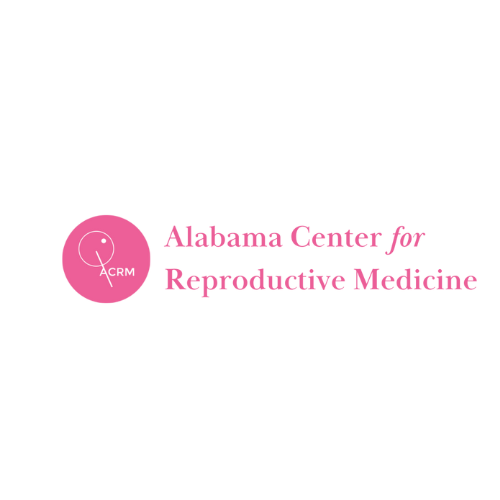Frequently Asked Questions
When should I see a fertility specialist?
Many patients seek an evaluation early on in the stages of trying while others may try for years before seeking treatment. We recommend seeking an evaluation sooner rather than later, especially for women over the age of 35.
What can I expect from my first consultation?
Your first consultation will include a thorough evaluation of your medical history to determine any underlying causes of your infertility. New patient visits will also include a transvaginal ultrasound and a series of blood tests to help determine the right treatment plan. If indicated, we may also request that the male partner have a semen analysis.
Does my partner have to attend the first consultation?
While not required, we do encourage you to bring your partner with you to your first visit if possible.
Do I have to have a referral?
Unless your insurance plan requires it, no, you do not need a referral to be scheduled for your first consultation.
Will insurance cover my visits and treatments?
We accept most major insurance plans. Many plans will cover the cost of your initial evaluation up to the diagnosis and treatment of your infertility. Select plans offer IVF coverage. We encourage all patients to contact their insurance plan to understand the extent of their coverage prior to scheduling their first appointment.
Can I still get pregnant if I have had my tubes tied?
It is possible to become pregnant again if you have had a prior tubal ligation. An alternative to tubal reversal surgery is in vitro fertilization. IVF allows us to completely bypass the fallopian tubes.
Does age impact a woman’s fertility?
Yes. Women are born with a set number of eggs that decreases over time. A woman’s peak fertility is in her 20s. In fact, a 25-year-old woman will have an 87% of conceiving after 12 months of trying. In her 30s, a woman will still have a 20% chance of getting pregnant with every menstrual cycle.
After the age of 35, a woman’s fertility decreases rapidly. There will also be more risk to getting pregnant. Additionally, after 35, it can take longer to get pregnant because the quantity and quality of your eggs decline.
Do you offer sperm and/or egg donation services at your facility?
No we do not accept sperm or egg donations at our facility.
*Individual results are not guaranteed and may vary from person to person. Images may contain models.

